First Sale Stories: Marta Acosta, "Happy Hour at Casa Dracula"
Lynda: What is the name of your first book?
Marta: My book is titled Happy Hour at Casa Dracula.
Lynda: When was it published (or when will it be published)?
Marta: Simon & Schuster's Pocket Books is releasing the book on July 4, 2006, so I'll be shooting off firecrackers.
Lynda: What's it about?
Marta: Happy Hour at Casa Dracula is a comic novel about a young woman who desperately yearns to be taken seriously as a writer, a human being, and a girlfriend. Milagro De Los Santos attended a Fancy University, F.U., but she's a misfit in the corporate world, can't support herself with her writing, and thinks there are rats in the walls of her apartment. She attends a book reading by an ex-boyfriend, and her plans to network go seriously astray when she meets a rather fabulous man. During a romantic tussle with the man, there is an inadvertent exchange of blood and Milagro becomes very ill. What's worse is that her ex, now a member of an extremist organization, is trying to kidnap her, claiming that she's been infected with vampirism. Milagro has to hide out with the fabulous man's snobby family in the country.
Lynda: What was the inspiration for the book?
Marta: I was inspired by my love of comic novels, 19th century writers, and paranormal stories. It was also important to me to have a Latina protagonist who didn't fit the stereotype, who reflected some of the diversity of the Latino population. I threw everything in a blender and pressed the "frappe" button, because that's what I do with margaritas and they turn out great.
Lynda: Is it part of a series?
Marta: Is two a series? I'm working on a second novel wherein Milagro once again tries to improve her life.
Lynda: What do you like most about your main characters?
Marta: I like Milagro most because she's brave, funny and well-intentioned, if occasionally inexperienced and clueless. She does believe in right and wrong and wants to do the right thing, but feels a bit lost in the world. My other favorite character is Edna, an older, very sophisticated and very snobby vampire, who entertains herself by insulting Milagro. There are a couple of decadent, old-school vamps who come visiting and cause problems.
Lynda: What's your favorite aspect of your book?
Marta: My favorite aspect of my book is that it sold. I see it in a whole new light. I want to be its best friend and go to movies with it.
Lynda: How long have you been writing fiction?
Marta: I've been writing stories ever since I first picked up a Ticonderoga pencil in my grubby little hand. Which is not to say that I've been writing fiction continuously. I've taken years off from fiction, but writing is something I've always done rather compulsively. I'm also a freelance writer and I write articles about gardening, satire, home and design stuff.
Lynda: Is this your first paranormal manuscript?
Marta: It is.
Lynda: Is paranormal your main focus?
Marta: No, humor is probably my main focus, but I really enjoy having a paranormal element to my stories.
Lynda: What attracts you about vampires?
Marta: I'm not fixated on any specific paranormal creature, but I love the idea that there's more out there. There's a reason people seek out these stories about "others." I've always been drawn to movies, television and books where the characters try to behave in a rational way in the face of something they don't comprehend.
Lynda: How long did it take to sell your book, from the time you finished your manuscript?
Marta: I honestly don't remember. I queried agents and got a few fast responses to see the book, a few declines, and a few agents who never responded. My agent wanted a rewrite, so I had to do that. My editor at Simon & Schuster wanted to see another rewrite before making a decision and before I'd finished that, two other publishers bid on the book, and then Simon & Schuster bid on the rewrite. I decided to go with Simon & Schuster because I really like and trust my editor, Maggie Crawford, who helped me improve the book. The whole process takes much longer than you imagine.
Lynda: Thinking about the notion of "It's always darkest before the dawn," what was the lowest point in the process for you? Was there a time you almost gave up?
Marta: No. You don't give up. You just keep going. You'll always be rejected; if you can't handle that, then this business is not for you. You can't take it personally. I generally don't say that something was "rejected," I say that someone "declined" it, which is more accurate. If there is some commonality in the reasons that your manuscript was declined, you try to learn from that. It is a business and there are some extremely talented writers who just aren't marketable.
Lynda: Who is your agent?
Marta: My agent is Julie Castiglia of the Castiglia Literary Agency.
Lynda: Do you recommend that a pre-published writer focus on finding an agent first, or do you think it's OK to submit directly to the publisher?
Marta: I suggest finding an agent you can trust. The business is so confusing to an outsider that you need a pro to guide you and get you a better deal.
Lynda: You don't have to mention numbers, but did you get a nice advance?
Marta: There was a small bidding war for my novel, and my agent negotiated an advance that made me very happy. I've since learned that I was very lucky to get such a generous advance. I've also learned that a very large advance can actually be a detriment to a new writer. If that writer doesn't sell enough to earn back the large advance, he or she will be seen as a failure no matter how well the book did. So it might be better to accept a smaller advance, earn back the money and prove that you're a marketable writer.
Lynda: What was the process of revisions/rewrites like?
Marta: It was like taking an all-white puzzle and trying to put it back together again to make a different picture: there were a lot of details to try to keep in place. But I loved my editor's suggestions and believe she helped me really improve the structure of the novel.
Lynda: Your agent suggested changes?
Marta: Yes, I did an initial rewrite for my agent. My novel was initially more leisurely.
Lynda: Were the changes something you could live with?
Marta: I fought for a few funny lines, but I believe that most writing can be improved, so I don't resent suggestions. If you're writing for yourself, do whatever you want, but when you are writing for the public, you shouldn't take offense at advice from professionals. You don't have to agree with absolutely every change that's suggested, but you should consider the changes as dispassionately as possible and then make up your mind.
Lynda: What was it like, working with the editor at your publishing house?
Marta: My editor is Maggie Crawford and she has a mind like a steel trap. It amazes me the way she can keep track of all the details and plot lines of a novel and suggest ways to consolidate scenes, eliminate repetitive dialogue, and improve themes. I am lucky to have her and think she is way fab.
Lynda: Do you have any words of wisdom for us about revisions/rewriting, etc.?
Marta: Find a trusted reader. It's a waste of time to revise your manuscript at the whim of just anyone with an opinion. It is well worth the time to take the advice of someone who knows what you're trying to achieve and can help guide you. Great writers have willingly revised their work in order to improve it, so don't be a big baby and whine if someone has valid suggestions.
Lynda: Were there any surprises for you about the contract you signed?
Marta: Yes, the clause where I gave them my first-born child. They sent him back after a week and amended the contract.
Lynda: Do you get a lot of help with marketing your book, or do you have to do most of it yourself?
Marta: I'm working with a publicist at Simon & Schuster, but I've worked as a publicist before, so I'm trying to do whatever I can to collaborate.
Lynda: Did you have input about your cover?
Marta: I did. I said, "I don't want to see any dancing chiles on the cover." I wanted a really arty cover that probably would have appealed to about four people. Even bestselling authors don't have a lot of say on covers. I know because I talked to one.
Lynda: Have you done any events or book signings? If so, what was that like?
Marta: Not yet. I'm horrified at the idea of having to do this.
Lynda: If you could go back and do something differently, what would that be?
Marta: I would be born to wealthy parents, live off my trust fund, and write haikus. So instead of writing hundreds of pages, I'd only have to write: fun girl with vampires/seeks country enlightenment/and escape from ex. That would be a lot easier.
Lynda: What would you do exactly the same way?
Marta: Be persistent.
Lynda: What's your next manuscript about?
Marta: My character, Milagro, sells a nutty screenplay about a chupacabra, the goat-killing flying money of Latin American myth, and goes on location to the desert. She stays in a town called La Basura ("the garbage"), and starts noticing very odd things happening with the townspeople and in the desert.
Lynda: What's the one book you absolutely must write?
Marta: There is no one book I must write. As long as I'm writing and getting paid for it, I'm a happy camper.
Lynda: What advice are you willing to give to all the pre-published writers out there?
Marta: Make sure that you actually have the skill to be a writer. This sounds silly, but just as there are people who think they can sing, there are people who think they can write. I love to sing, but I'm completely tone-deaf. Hone your technical skills, write articles, columns, newsletters, anything that makes you more at ease with the actual process of writing for an audience.
www.martaacosta.com
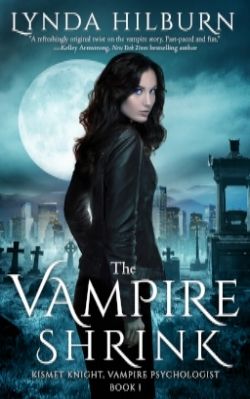
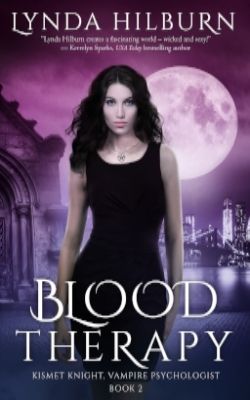
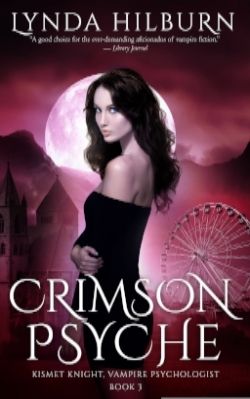
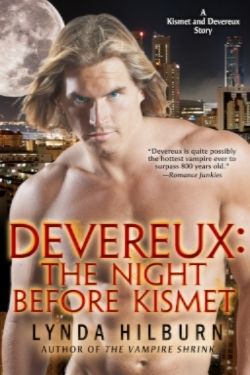


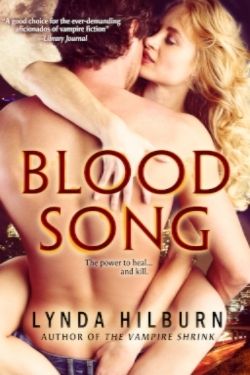
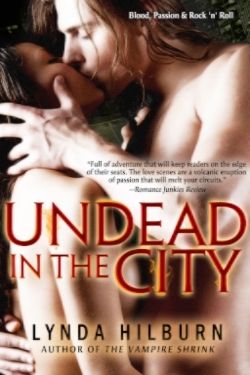
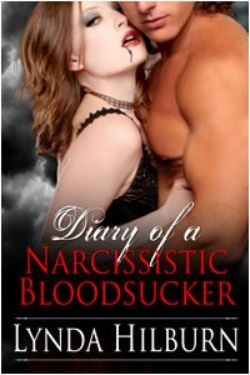

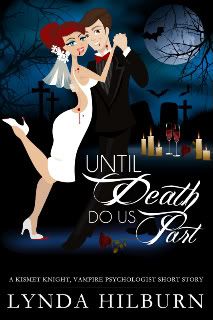
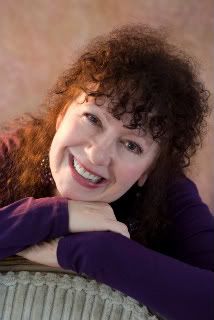
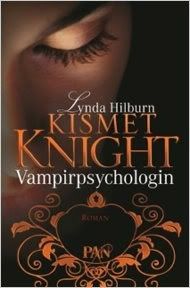
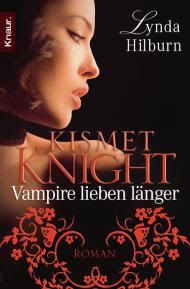
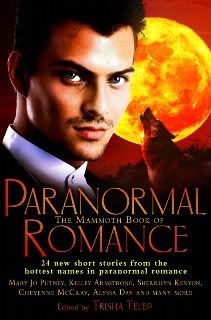
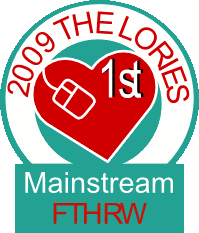




0 Comments:
Post a Comment
<< Home